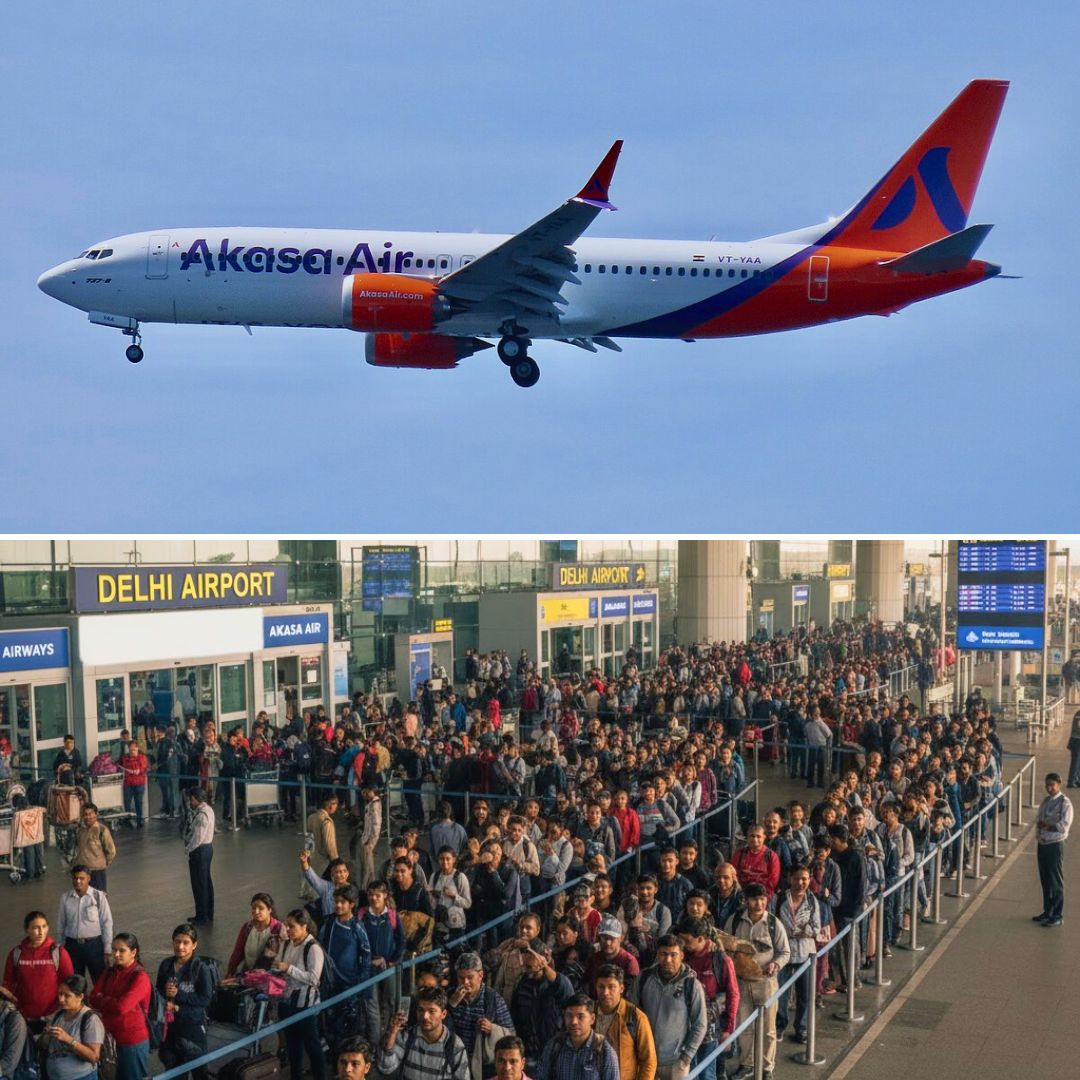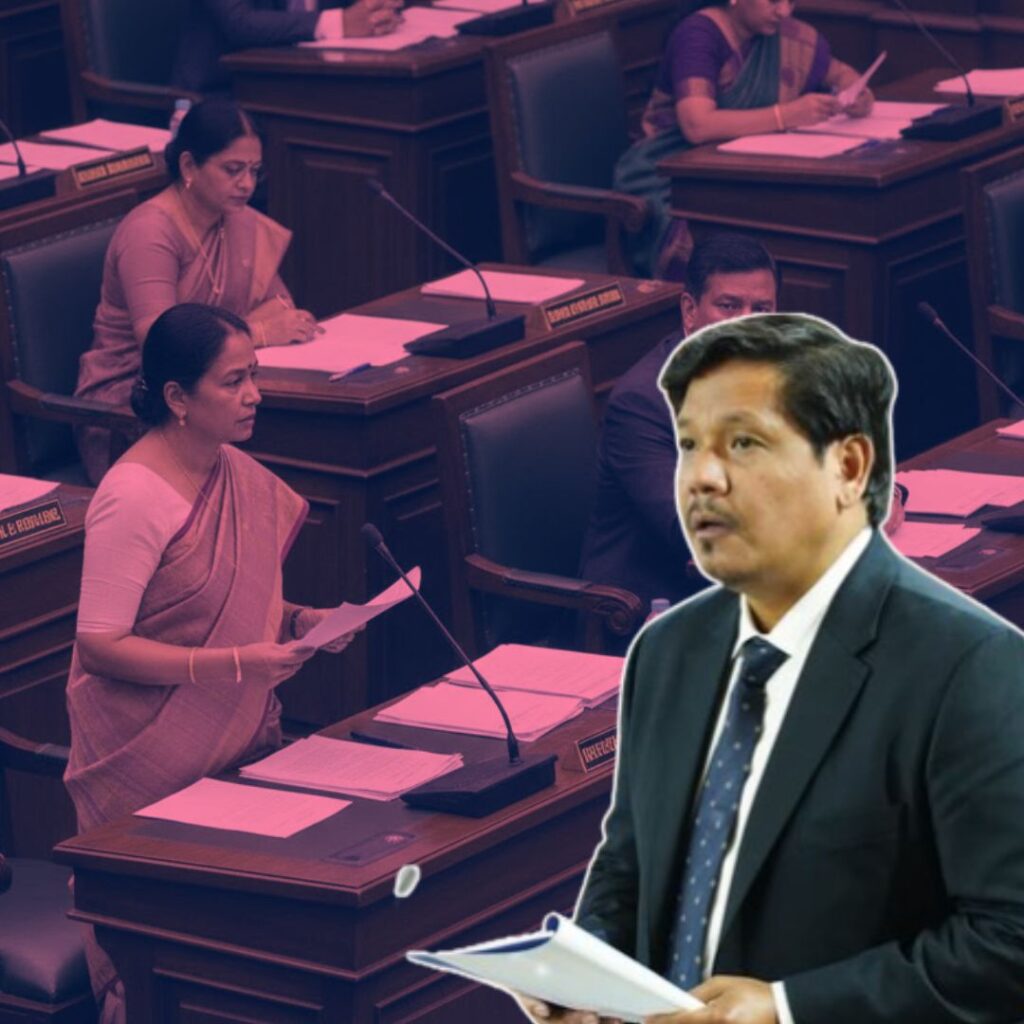In the wake of the 10 November 2025 blast near Delhi’s historic Red Fort that injured over 20 people and claimed nine lives, Akasa Air has issued an urgent advisory instructing passengers to arrive at airports at least three hours ahead of their flight time.
Stricter security protocols, including exhaustive baggage screenings and mandatory ID checks, have been implemented at all Indian airports to prevent threats and safeguard public transport.
Officials from the airline, the Bureau of Civil Aviation Security, and government security agencies have assured travellers that these measures are temporary but crucial.
Passengers are urged to cooperate fully with security staff to maintain safety and order during this sensitive period.
Heightened Security Measures Across Airports
Akasa Air, one of India’s emerging domestic carriers, has put new protocols in place to mitigate security risks following the Delhi blast. The airline now requires passengers to undergo secondary security screening, focusing on limiting hand baggage to a single piece weighing no more than 7 kilograms, besides their checked luggage.
The airline emphasises the importance of online check-in via its website or app to reduce airport congestion. “These enhanced security protocols have been carefully coordinated with airport and security authorities to ensure passenger safety without unnecessary delays,” said a senior Akasa Air spokesperson.
Indian airports have responded swiftly: Delhi’s Indira Gandhi International Airport, Mumbai’s Chhatrapati Shivaji Maharaj International Airport, Bengaluru’s Kempegowda International Airport, and Hyderabad’s Rajiv Gandhi International Airport have all expanded their security teams and inspection points.
The Central Industrial Security Force (CISF), responsible for airport security, has boosted manpower, using advanced screening technology and deploying additional explosive trace detection devices.
Passengers note longer waiting times but acknowledge the necessity of these strict measures for collective safety.
Official Statements and Government Response
The Home Ministry and civil aviation authorities have reiterated that security is the government’s top priority. Following the blast, the Union Home Minister Amit Shah chaired an urgent high-level meeting to review intelligence inputs and counterterrorism strategies.
He stated, “We are leaving no stone unturned in investigating the circumstances of the blast and ensuring that airport security is intensified uniformly across the country.”
The Bureau of Civil Aviation Security confirmed that real-time monitoring and coordination with local police and intelligence agencies are ongoing to prevent potential threats.
Officials have also emphasised that these security enhancements are not intended to cause inconvenience but are essential in the current threat environment. Passengers are advised to keep valid government-issued photo ID documents ready when approaching check-in and security counters.
The Ministry of Civil Aviation is working closely with Akasa Air and other airlines to facilitate seamless travel even under these tightened conditions.
Authorities urge the public to report suspicious behaviour to airport staff and cooperate fully during security checks.
Blast Incident Details and Impact
The blast occurred on the morning of 10 November 2025 near the Red Fort Metro Station, a busy and symbolic location in India’s capital. The explosion caused extensive damage, including shattered windows and disruption to uninterrupted metro services and traffic flow around the area.
Rescue teams rushed to the scene, providing urgent medical aid to victims, many of whom sustained shrapnel wounds and fractures. Hospitals across Delhi have been treating the injured, several of whom remain in critical condition.
This attack has raised concerns about the security of public spaces nationwide, particularly transport hubs such as airports, metro stations, and railway terminals. The blast triggered immediate lockdowns and amplified surveillance in major Indian cities.
It disrupted flight schedules and caused temporary cancellations as security forces conducted thorough inspections. Despite the inconvenience, public response has largely been supportive of increased vigilance to deter future incidents.
Passenger Experiences and Practical Advice
Travellers using Akasa Air and other airlines have expressed mixed reactions. While some passengers report frustration over increased waiting times and limited baggage allowances, many acknowledge the need for heightened security in today’s climate.
An Akasa Air customer shared, “I arrived three and a half hours early after reading the advisory, and although the process took longer than usual, I appreciate the effort being made to keep us safe.” Airport staff are stationed at multiple checkpoints, guiding passengers and answering queries to ease the transit experience.
Passengers are encouraged to check flight status regularly and use the airline’s digital services to streamline their journey. Carrying minimal hand luggage and documents ready for inspection speeds up the process.
Airport and airline officials emphasise patience and cooperation during these additional steps, underscoring that these safeguards are temporary until the threat level is reassessed.
The Logical Indian’s Perspective
The Logical Indian recognises the delicate balance between necessary security measures and the need to uphold social harmony and empathy.
While safety must remain paramount, it is equally important to foster patience, understanding, and kindness among fellow travellers and with frontline security personnel who have an immense responsibility under difficult circumstances.
This advisory and the tightened security protocols symbolize a collective effort to protect lives and democratic freedoms.
The Logical Indian urges citizens to promote peaceful coexistence by refraining from fear-driven division or suspicion and by supporting constructive dialogue.












